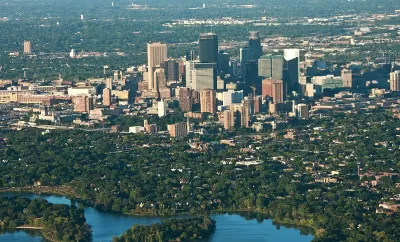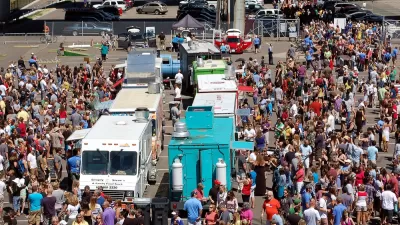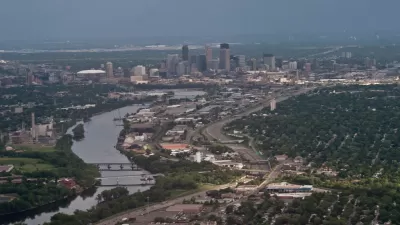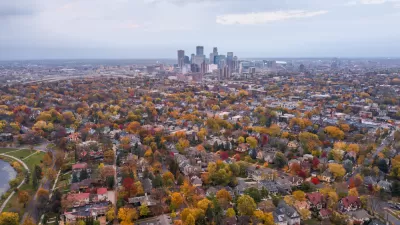The leadership of neighborhood associations does not reflect the city’s demographics. In the future, funding of the groups could be dependent on reaching diversity benchmarks.

[Updated September 18, 2019] An initiative called Neighborhoods 2020 proposes to connect funding of the city’s neighborhood associations to diversity on the groups’ boards. "The tax district that funneled millions of dollars to the associations is set to expire at the end of this year — with $4.1 million earmarked for 2019 and more for 2020 — and the city says the groups need to change if they want continued city funding," writes Miguel Otárola.
The association boards are not hitting particular benchmarks for representation. In 2018, they reached 50 percent of the goal for people of color and just 33 percent for renters. As the percentage of nonwhite residents and renters in Minneapolis increases, the city wants to ensure the leadership of the neighborhood associations better reflects the communities they serve.
But neighborhood leaders want to see their organizations remain independent of the city. Some associations are also struggling with funding gaps or limited staff resources and any clamp downs on funding will make their work more challenging, say leaders.
FULL STORY: Minneapolis wants to tie funding of neighborhood groups to their diversity

Maui's Vacation Rental Debate Turns Ugly
Verbal attacks, misinformation campaigns and fistfights plague a high-stakes debate to convert thousands of vacation rentals into long-term housing.

Planetizen Federal Action Tracker
A weekly monitor of how Trump’s orders and actions are impacting planners and planning in America.

In Urban Planning, AI Prompting Could be the New Design Thinking
Creativity has long been key to great urban design. What if we see AI as our new creative partner?

King County Supportive Housing Program Offers Hope for Unhoused Residents
The county is taking a ‘Housing First’ approach that prioritizes getting people into housing, then offering wraparound supportive services.

Researchers Use AI to Get Clearer Picture of US Housing
Analysts are using artificial intelligence to supercharge their research by allowing them to comb through data faster. Though these AI tools can be error prone, they save time and housing researchers are optimistic about the future.

Making Shared Micromobility More Inclusive
Cities and shared mobility system operators can do more to include people with disabilities in planning and operations, per a new report.
Urban Design for Planners 1: Software Tools
This six-course series explores essential urban design concepts using open source software and equips planners with the tools they need to participate fully in the urban design process.
Planning for Universal Design
Learn the tools for implementing Universal Design in planning regulations.
planning NEXT
Appalachian Highlands Housing Partners
Mpact (founded as Rail~Volution)
City of Camden Redevelopment Agency
City of Astoria
City of Portland
City of Laramie





























